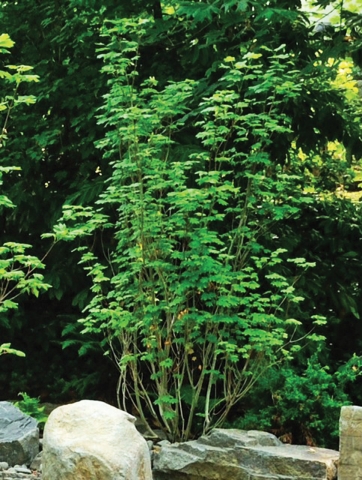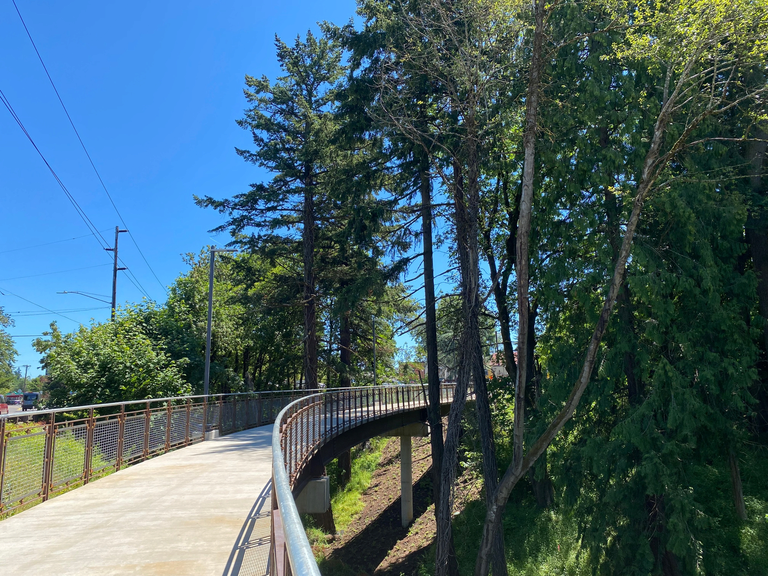
Oh, the chores that need doing before winter’s rains drive us all indoors! You’ll find myriad lists of button-up-the-garden suggestions this season in magazines, newspapers and online. Three things top my fall must-do list, because they make the biggest impact: planting, mulching and baiting for slugs.
Planting: In the Northwest, fall is far superior to spring for planting shrubs, trees and hardy perennials, as well as for moving plants to new places. Our cold, wet springs keep the soil temperature low for so long there often is only a short window of opportunity at the beginning of June to get things into the ground.
The often-balmy days of October and November, however, present the gardener with moist, warm soil, regular rainfall and pleasant temperatures for being outdoors. Plants installed in fall quickly establish deep roots and benefit from being well-watered all winter – instead of immediately facing summer’s drought.
Mulching: A 2-inch layer of mulch on flower and vegetable beds does many good things. It helps prevent weed seeds from germinating and insulates plant roots from cold. It slowly breaks down into the soil, feeding beneficial microbes that release nutrients to plants and improving soil tilth so winter water drains better (instead of collecting around roots and rotting them) and summer water penetrates more easily.
Frequently, gardeners are advised not to mulch until after the ground freezes, but that makes little sense west of the Cascades.
I recommend fall mulching immediately after cutting back perennials and cleaning up weeds. You can use homemade or purchased compost, wood chips (they don’t rob the soil of nitrogen unless mixed into it), barkdust, shredded leaves and the like. Keep the mulch a few inches away from tree and shrub trunks.
Baiting for slugs: Once the soil is moist again, slugs start partying. Now is the time to sprinkle organic slug bait in planting beds, along edging and everywhere else you’ve seen slugs congregate. Replace the bait when it disappears. You won’t see dead slugs strewn about as you do with chemical baits – they crawl off to die politely out of sight.
Organic baits such as Sluggo and Escar-Go are made from iron phosphate, which is safe for pets and wildlife and biodegrades into nitrogen. (Nevertheless, keep it out of reach of kids and pets.) Sprinkle the granules around sparingly throughout November and start again in February.
Portland freelance writer Jan Behrs specializes in stories about gardeners, gardens, remodeling and real estate. A master gardener, her work appears in The Oregonian, Better Homes and Gardens and online.





